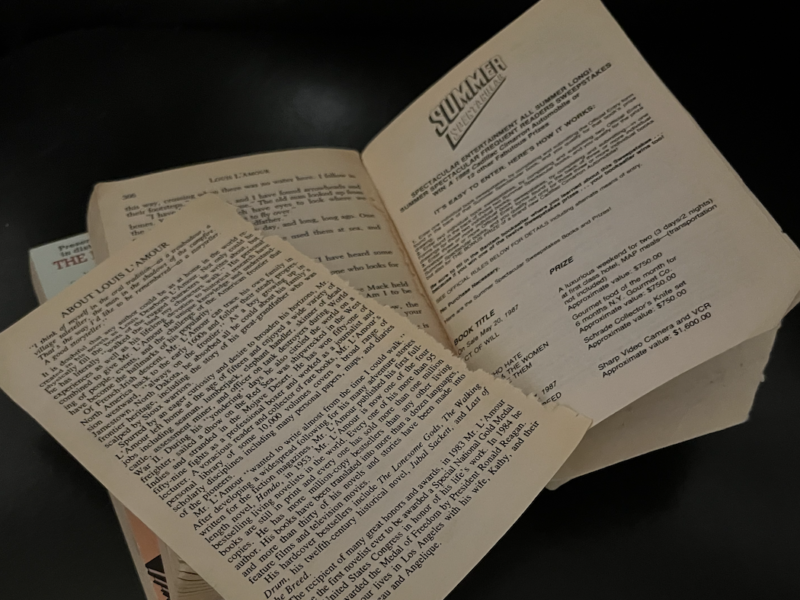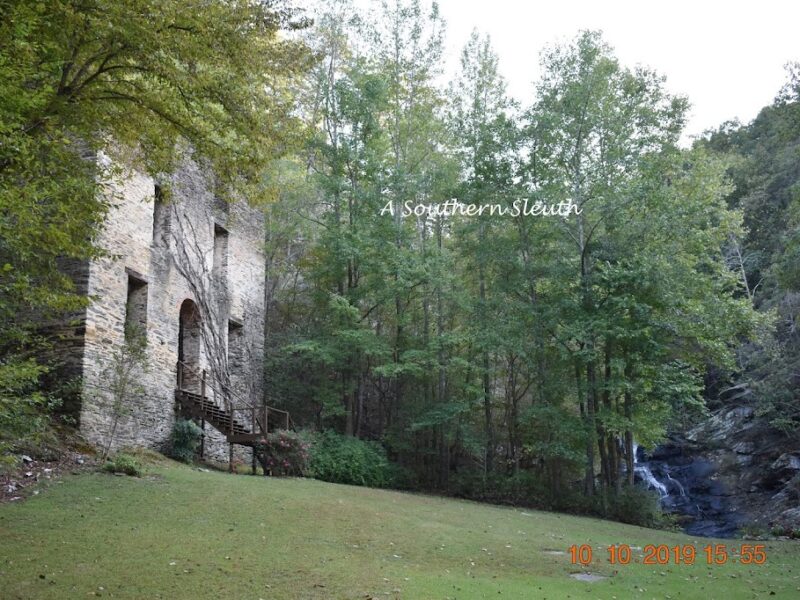I remember the day I left home. I had graduated from high school and had worked all summer. We loaded up the family car with everything I thought I needed to survive at college and my parents drove the nearly 1000 miles to Utah to take me and all my loot to Brigham Young University in Provo, Utah. As we passed through Texas, New Mexico, Colorado and into Utah, I had a lot of time to think and a lot of time to worry. How would I do living so far from home?
Each person reaches that pinnacle point in their life when they leave behind home and family and strike out on their own. For John Monroe Ganus, it came when he was a young man in his mid-twenties. I’ve wondered about the circumstances surrounding his departure from home. Did he have extended family who enticed him to join them several counties away, was it the lure of affordable land or did he just feel the tug of knowing it was his time?
In 1850, John was still living at home with his family in Dekalb County, Georgia and Olivia Rainwater, John’s soon-to-be bride was in Carroll County with her parents, Joshua and Polly (Peterson) Rainwater. It is unknown what circumstances brought them together, but somehow John and Olivia met, courted and then married on the 7th of October 1852 in Polk County, Georgia. John was twenty-six and Olivia was twenty-one.
| Dekalb and Carroll Counties 1864 |
John recorded their marriage date and place in family records, as well as reported the date and location in the records of the various church congregations of which he was a member. He consistently gave the same date and location in church records located in Georgia, Colorado, and Oklahoma, however, no official marriage record has ever been located in Polk County or neighboring communities. Interestingly enough, most of John’s siblings married local families in Fayette or Dekalb Counties. John seemed to be an independent thinker from early on and we are able to see that even more over time.
John began the next phase of his life with his wife, Olivia, by his side. In 1850, he was helping on his father’s farm but not everyone in his extended family had chosen to be a farmer. His Uncle David Gurganus was a blacksmith and his Grandpa David Gurganus Sr. was a turner. What path would John take?
Copyright © Michelle G. Taggart 2017, All rights reserved





I'm anxious to find out.
I'm impressed that he reported the same information time and time again. My ancestors seemed unable to remember where or when they were born.
So frustrating when everything points toward a record in a specific place and…..nothing.
His story is really amazing, but it starts out pretty typical. More coming soon!
It's the good and the bad. Those same records are the only place his wife Elizabeth's last name is recorded and those are consistently recorded as McCluskey, so we've accepted it, but sadly it hasn't made it any easier to track down her family.
It was frustrating until I realized that the portion of Monroe where this family lived is the portion that became part of Bibb County and that helped me to find the family and to realize why their records were in Bibb not Monroe. I think they were far enough out in the country they didn't really realize which county they were part of.
I am enjoying this series on your ancestor John Monroe Ganus, particularly how you find parallels in your own life story for what your ancestor went through during his lifetime.
Thank you Molly!